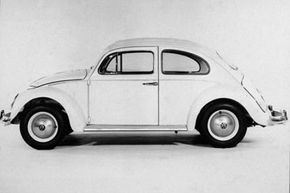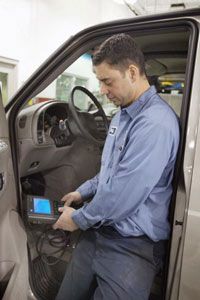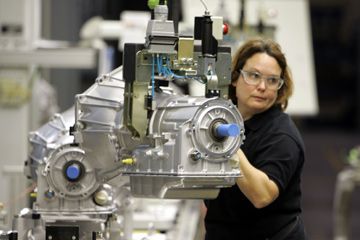There's a little-known rift in American culture, a division drawn between people who find the cars built in yesteryear to be the most reliable cars and those who find today's modern cars less problematic to drive.
One can understand why classic car enthusiasts believe that older cars are more reliable than more modern models. Compared to newer cars, classic machines were much more simplistic in the design of their engines. The Volkswagen Beetle of the 1960s, widely considered a very reliable car, used the air that passed around the car during driving to cool the engine instead of liquid coolant. Without this addition, the car was easier -- and less problematic -- to drive. What's more, the car was extremely easy for the average person to repair, which isn't something that many can say about modern cars [source: Holzman]. Of course, not every car in the 1960s was as easy to fix as a Beetle.
Advertisement
However, the general consensus seems to be that modern cars don't break down as often as older ones. When the U.S. government offered the "Cash for Clunkers" program in 2009, it was intended to stimulate the economy and improve the fuel efficiency of the American cars on the road. It also served as a tacit confirmation that newer cars are better. That might be a controversial claim, but the numbers don't lie: The car with the record for the most miles driven was a 1989 Saab 900SPG, owned by a Wisconsin traveling salesman who logged 1,001,385 miles in 17 years before retiring it [source: AP].
The decline of car maintenance costs also shows that modern cars are becoming increasingly less problematic. In the United Kingdom, for example, the average cost of maintaining a car declined by 13 percent between 1997 and 2009 [source: Savage]. As a result of this improved reliability, people are hanging onto their modern cars longer than before. In 2009, J.D. Power and Associates reported that the average trade-in age of a car in the U.S. is 73 months. Just three years earlier, the average trade-in age was 65 months [source: Butcher].
One reason for the decrease in car maintenance among modern cars is the advent of the on-board computer. While it provides a distinct advantage in diagnosing car troubles, it can also lead to some problems. Learn more on the next page.
Advertisement



